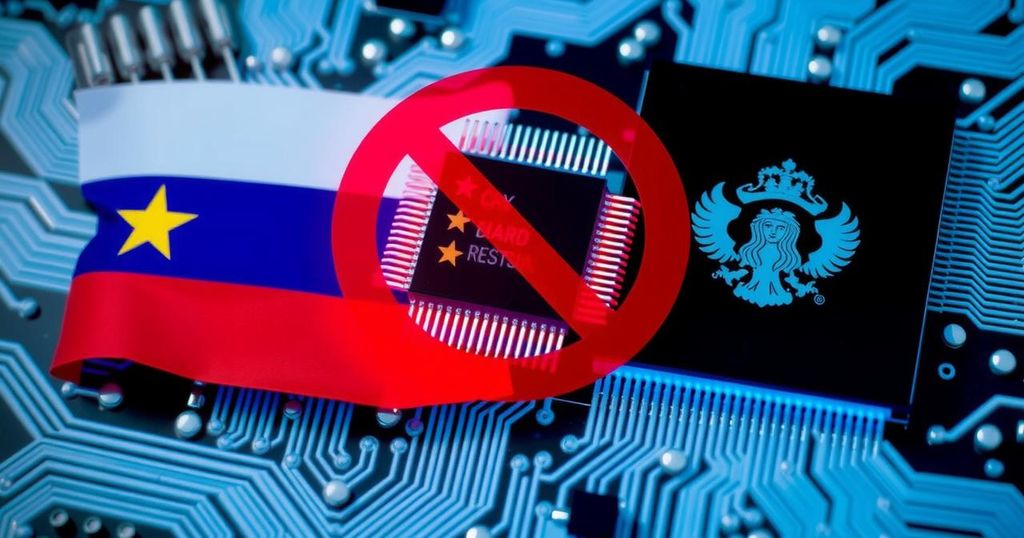Senate Report Critiques U.S. Export Control Efforts on Advanced Chips

A Senate report finds that U.S. efforts to limit China and Russia’s access to advanced computer chips are inadequate due to insufficient funding and ineffective enforcement. While export controls have been implemented, challenges persist in compliance and oversight. The report emphasizes the pressing need for enhanced resources and stricter penalties to safeguard U.S. national security interests.
A recent report from the Senate’s Permanent Subcommittee on Investigations has declared the U.S. Commerce Department’s measures to restrict access to advanced computer chips for China and Russia as “inadequate.” Despite the Biden administration’s imposition of export controls following Russia’s invasion of Ukraine, the Bureau of Industry and Security (BIS) has not received sufficient resources to enforce these measures effectively. The report highlights reliance on voluntary compliance from U.S. chip manufacturers rather than stringent enforcement, leaving room for ongoing vulnerabilities. Additionally, the incoming Trump administration’s approach could further strain federal enforcement capabilities.
The BIS’s budget, which has stagnated at approximately $191 million since 2010, presents challenges for adequately addressing the evolving national security threats. Democratic Senator Richard Blumenthal emphasized the need for Congress to allocate more funding to bolster enforcement. He pointed out how Texas Instruments failed to recognize warnings related to the diversion of products to Russia, reflecting broader deficiencies in oversight. Export data indicates a significant increase in shipments of advanced chips from the U.S. to countries like Armenia and Georgia, which are known to facilitate Russian access to these technologies. Moreover, the report outlines how Chinese entities have developed effective smuggling networks to evade U.S. export controls.
In response to the findings, the committee proposed recommendations including increased funding for personnel dedicated to enforcement, implementation of stricter penalties for violations, and regular reviews of export plans by external entities. These strategies aim to enhance the integrity of U.S. national security against foreign attempts to secure sensitive technology.
The issue of U.S. export controls on advanced computer chips has gained prominence as geopolitical tensions with China and Russia escalate. Following the invasion of Ukraine, the U.S. government sought to limit these countries’ access to critical technology that could bolster their military capabilities. Despite initial efforts, limitations in budget, personnel, and enforcement mechanisms have rendered these measures insufficient. The capabilities of the Bureau of Industry and Security, particularly in conducting international compliance checks, remain hampered, thereby facilitating loopholes exploited by foreign entities.
In summary, the Senate report critiques the inadequacy of the U.S. efforts to impede adversarial access to advanced computer chips, highlighting the need for increased funding and enhanced enforcement procedures. Continual reliance on voluntary compliance has proven ineffective, placing U.S. national security at risk. Addressing these gaps through additional resources and stricter measures is imperative to counter technological threats posed by China and Russia.
Original Source: apnews.com








